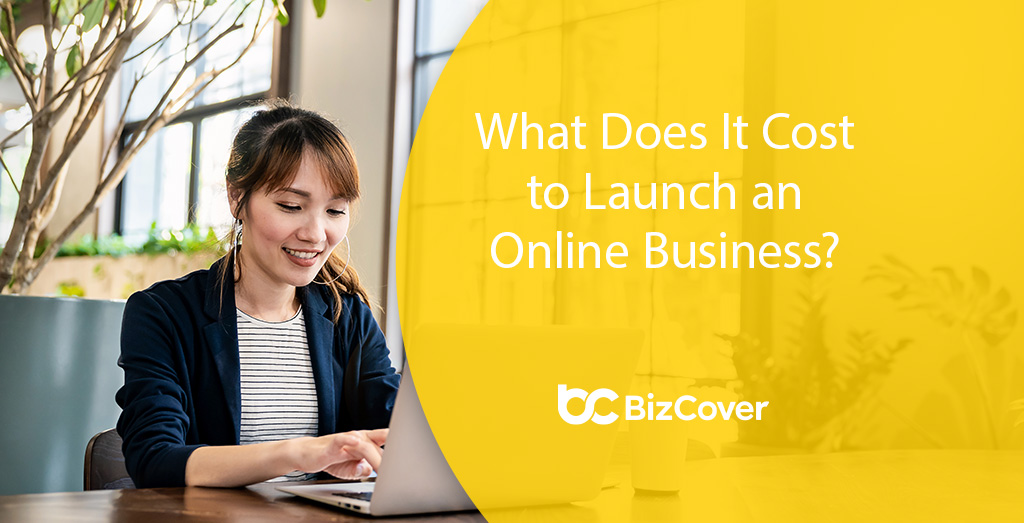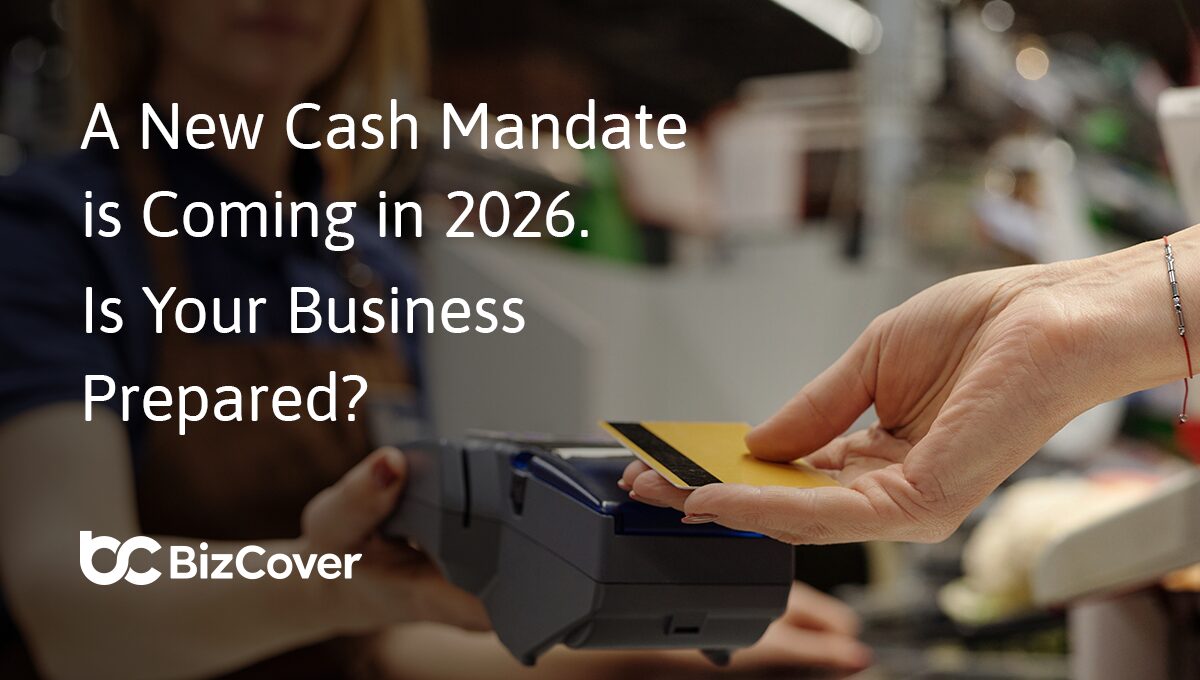What Does It Cost to Launch an Online Business?
It is now more important than ever to get your company online. This year, global online retail sales are estimated to surpass $5 trillion, accounting for more than 20% of total product sales.
While launching and sustaining an online business is significantly less expensive than opening a physical location, there are still expenditures involved. In this article, we’ll go through the average online store setup costs and look at the steps you need to take to get started.
From start-up to success, the cost of an online business
It’s great to get started in the online retail sector. You get to choose the name of your business, the products you’ll offer, your brand, and the persona of your store. However, before you dive into the world of eCommerce, you should consider the upfront cost of launching an online business.
The expense of launching an online business, no matter what you plan to sell, can be prohibitive. Some will be one-time expenses, while others will be ongoing. Some expenses will be recouped through sales, while others will not.
Understanding these expenditures before you start will assist you in developing a business strategy and determining how much money you’ll need to establish your online business. Here are some things to think about.
1. Licensing and permits for businesses
An ABN is essential if you sell things for profit online. Invoices and receipts must include your ABN. Did you know that an ABN is also required to access a com.au, .au, or.net.au web address?
How much will it cost you? It’s a good idea to double-check industry and state regulations.
Recommended reading: Do I Need an ABN as a Sole Trader
2. Keeping stock
It’s possible that your stock is your most costly investment. To be able to sell things, you’ll need products unless you’re offering an online service. The things you bought to resell or the components you employ to make new products are both examples of inventory.
It can be difficult to figure out precisely how much stock you’ll need to get started. You may not be able to meet demand if you have insufficient stock. On the contrary, if you buy too much stock, you risk depleting your capital and being left with little money to cover other expenses. Investigate how you might limit the initial inventory outlay to a minimum. Consider using a print-on-demand service and comparing prices.
3. Website hosting
Customers must be able to view your website, which must be hosted on a server. The location and type of hosting for your eCommerce site can have a significant impact on how customers interact with it.
The cost of web hosting is determined by the size of your website, the number of products and alternatives it offers, and the amount of traffic it receives. Security features for hosting can be an additional but worthwhile cost.
Setting up a domain name has its own set of charges (website address or URL). Instead of being a one-time expense, these costs are continuous. Make a monthly budget of at least $100.
4. Recruitment and selection
As your company expands, you may need support with things like website management, marketing, stock management, packing, and shipping. Your costs will rise as you hire more personnel.
5. Promotional products
Paid social media advertising could be part of your marketing budget: Facebook, Snapchat, Instagram, and Pinterest all provide paid ad options. These platforms are useful because they allow you to focus on customers in certain markets or geographic areas. You may also decide to invest your marketing budget in increasing your visibility in search results and hiring someone to assist you in creating SEO-friendly content.
6. Shipping
Shipping costs are one of those things that are easy to ignore when starting an internet business. Even if you charge customers for the entire delivery cost, it’s a good idea to consider where this expense can pop up unexpectedly.
You may incur costs connected to correctly packaging your products in addition to postage rates. Damaged and returned items might also add up to a lot of money.
7. Processing of payments
Transactions can be conducted fast and easily using payment processing solutions. Customers who wish to make a purchase can do so without any problems if your online store provides an easy and intuitive payment method.
Payment processors function by establishing a connection with your customer’s bank in order to authenticate the transaction, authorise the sale, and secure the funds in your account.
Even if your business is online, you need to consider protecting your small business with business insurance*. BizCover offers a range of business insurance products for all kinds of online businesses providing some much needed peace of mind to keep your business safe. Find out how you can start safeguarding your online business today with a drama-free quote.
© 2022 BizCover Pty Limited, all rights reserved.
ABN 68 127 707 975; AFSL 501769
This information is general only and does not take into account your objectives, financial situation or needs. It should not be relied upon as advice. As with any insurance, cover will be subject to the terms, conditions and exclusions contained in the policy wording. © 2025 BizCover Limited.





